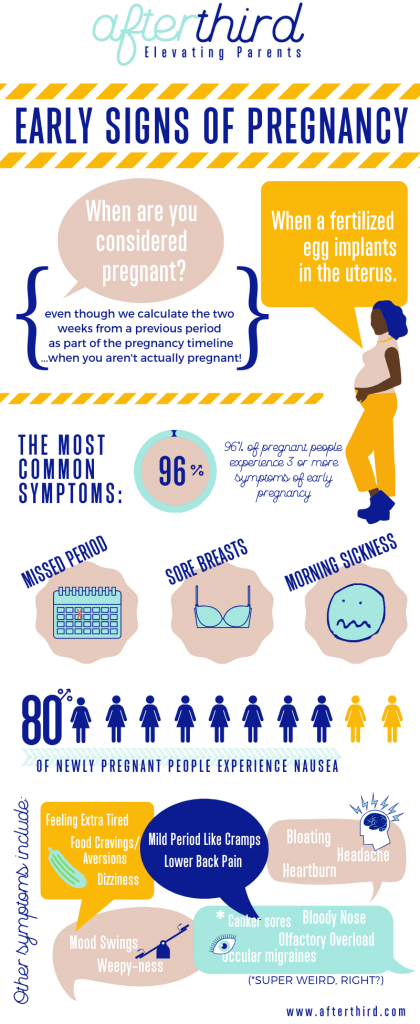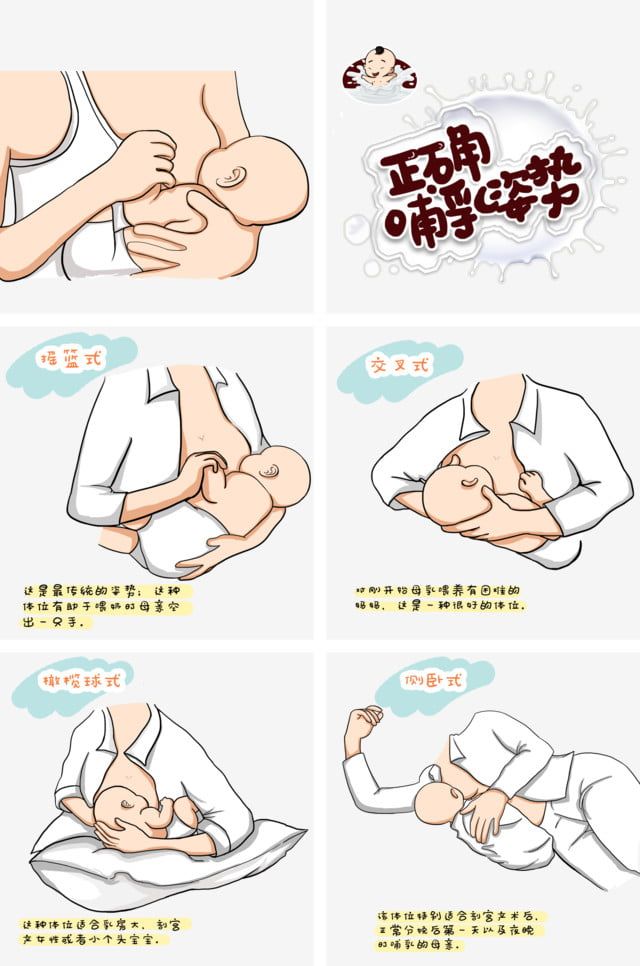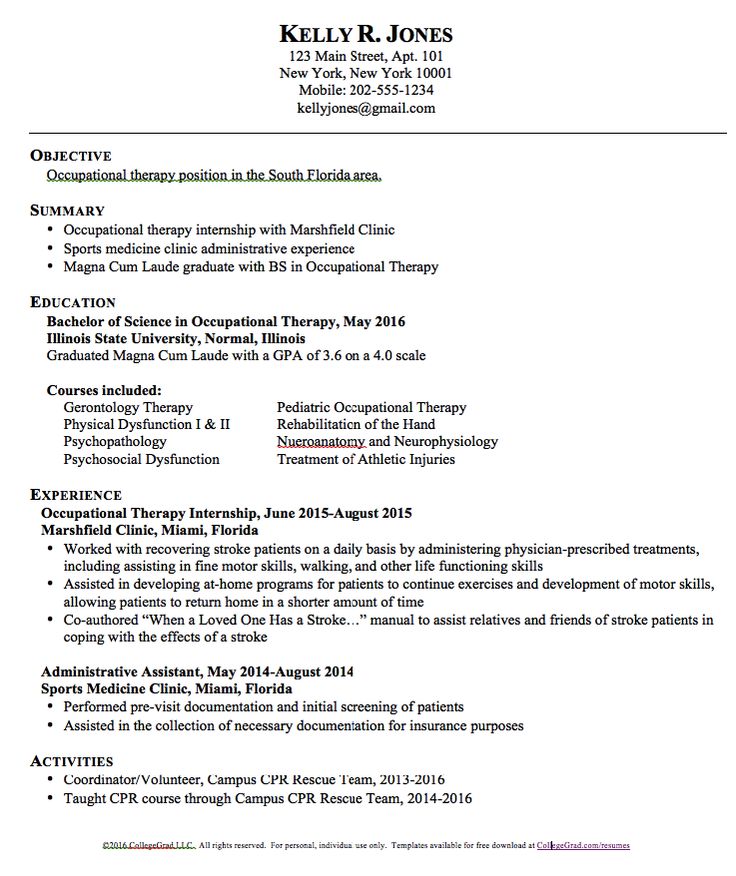Risk of miscarriage by week 6
Signs of early miscarriage: Symptoms and causes
What is a miscarriage?
Miscarriage is the loss of a pregnancy in the first 20 weeks. In medical language, the term "spontaneous abortion" is often used in place of miscarriage. When it happens in the first trimester, miscarriage is also called early pregnancy loss.
About 10 percent of known pregnancies end in miscarriage, and more than 80 percent of these losses happen before 12 weeks. The risk of miscarriage drops significantly as pregnancy progresses. In one study, researchers found a miscarriage rate of 9.4 percent at 6 weeks of pregnancy, 4.2 percent at 7 weeks, 1.5 percent at 8 weeks, 0.5 percent at 9 weeks and 0.7 percent at 10 weeks.
This doesn't include situations in which you lose a fertilized egg before a pregnancy becomes established. Studies have found that 30 to 50 percent of fertilized eggs are lost before or during the process of implantation – often so early that a woman goes on to get her period at about the expected time or up to a week late. This is called a chemical pregnancy.
If you have these signs of miscarriage, call your doctor or midwife right away so they can determine whether you have a problem that needs to be dealt with immediately:
- Bleeding or spotting. Vaginal spotting or bleeding is usually the first sign of miscarriage. Keep in mind, though, that up to 1 in 4 pregnant women have some bleeding or spotting (finding spots of blood on your underpants or toilet tissue) in early pregnancy, and most of these pregnancies don't end in miscarriage.
- Abdominal pain. Abdominal pain usually begins after you first have some bleeding. It may feel crampy or persistent, mild or sharp, or may feel more like low back pain or pelvic pressure.
If you have both bleeding and pain, the chances of your pregnancy continuing are much lower. It's very important to be aware that vaginal bleeding, spotting, or pain in early pregnancy can also signal an ectopic or a molar pregnancy.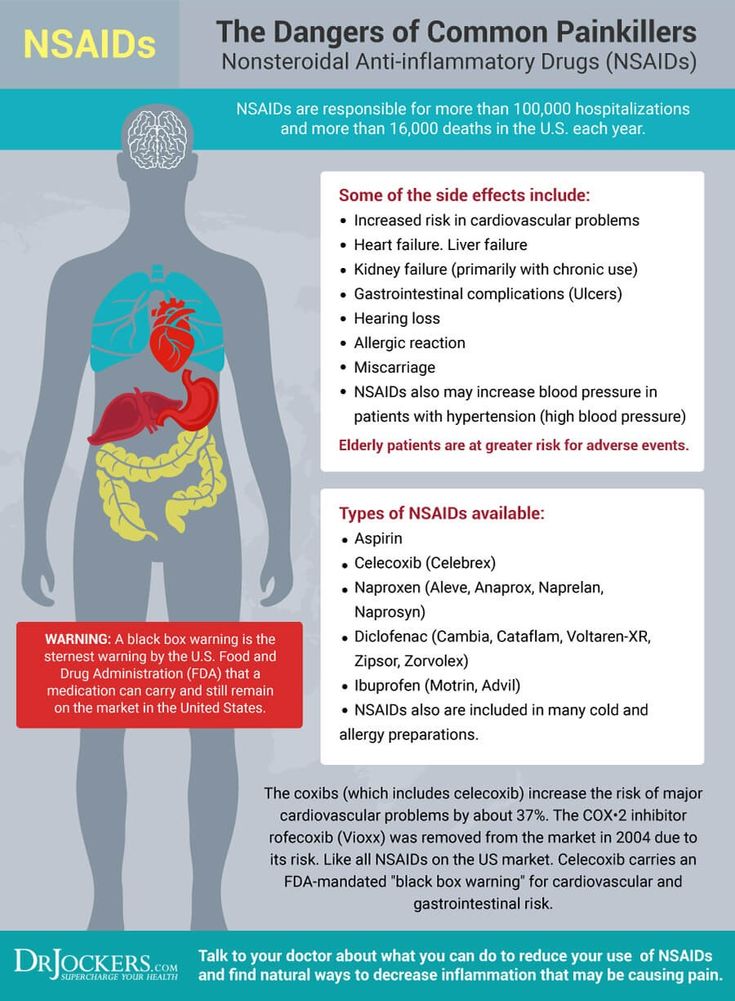
Also, if your blood is Rh-negative, you may need a shot of Rh immune globulin within two or three days after you first notice bleeding, unless the baby's father is Rh-negative as well.
Some miscarriages are first suspected during a routine prenatal visit, when the doctor or midwife can't hear the baby's heartbeat or notices that your uterus isn't growing as it should be. (Often the embryo or fetus stops developing a few weeks before you have symptoms like bleeding or cramping.)
If your practitioner suspects that you've had a miscarriage, they'll order an ultrasound to see what's going on in your uterus. They may also do a blood test.
Advertisement | page continues below
What causes miscarriage?
There are a lot of myths about what causes miscarriage. But things like stress, exercising, having sex, and having used birth control pills before getting pregnant don't cause miscarriage. Neither does morning sickness, a fall, or a blow to the stomach. Don't blame yourself. Miscarriage usually happens because the fertilized embryo can't develop normally.
Miscarriage usually happens because the fertilized embryo can't develop normally.
Between 50 and 70 percent of first-trimester miscarriages are thought to be random events caused by chromosomal abnormalities in the fertilized embryo. Most often, this means that the egg or sperm had the wrong number of chromosomes.
Sometimes a miscarriage is caused by problems that occur during the delicate process of early development. This would include an egg that doesn't implant properly in the uterus or an embryo with structural defects that prevent it from developing.
Since most healthcare practitioners won't do a full-scale workup of a healthy woman after a single miscarriage, it's usually impossible to tell why the pregnancy was lost. And even when a detailed evaluation is performed – after you've had two or three consecutive miscarriages, for instance – the cause still remains unknown half the time.
When the fertilized egg has chromosomal problems, you may end up with what's sometimes called a blighted ovum (now usually referred to in medical circles as an early pregnancy loss or missed abortion). In this case, the fertilized embryo implants in the uterus and the placenta and gestational sac begin to develop, but the resulting embryo either stops developing very early or doesn't form at all.
In this case, the fertilized embryo implants in the uterus and the placenta and gestational sac begin to develop, but the resulting embryo either stops developing very early or doesn't form at all.
Because the placenta begins to secrete hormones, you'll get a positive pregnancy test and may have early pregnancy symptoms, but an ultrasound will show an empty gestational sac. In other cases, the embryo does develop for a little while but has abnormalities that make survival impossible, and development stops before the heart starts beating.
Risk factors for miscarriage
Though any woman can miscarry, some are more likely to miscarry than others. Here are some risk factors:
- Age: Older women are more likely to conceive a baby with a chromosomal abnormality and to miscarry as a result. In fact, 40-year-olds are about twice as likely to miscarry as 20-year-olds. Your risk of miscarriage also rises with each child you bear.
- A history of miscarriages: Women who have had two or more miscarriages in a row are more likely than other women to miscarry again.
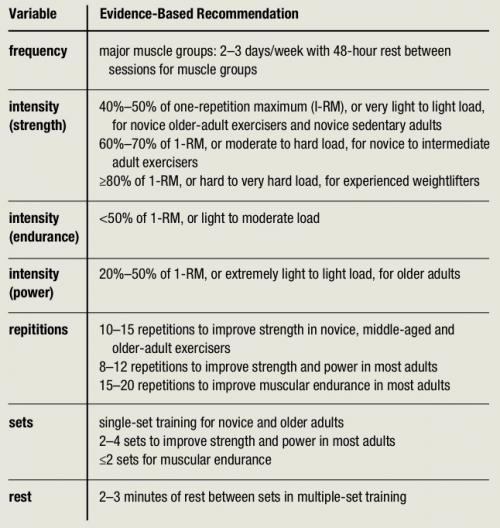
- Chronic diseases or disorders: Poorly controlled diabetes, autoimmune disorders (such as antiphospholipid syndrome or lupus), and hormonal disorders (such as polycystic ovary syndrome) are some of the conditions that could increase the risk of miscarriage.
- Uterine or cervical problems: Having certain congenital uterine abnormalities, severe uterine adhesions (bands of scar tissue), or a weak or abnormally short cervix (known as cervical insufficiency) up the odds for a miscarriage. The link between uterine fibroids (a common, benign growth) and miscarriage is controversial, but most fibroids don't cause problems.
- A history of birth defects or genetic problems: If you, your partner, or family members have a genetic abnormality, have had one identified in a previous pregnancy, or have given birth to a child with a birth defect, you're at higher risk for miscarriage.
- Infections: Research has shown a somewhat higher risk for miscarriage if you have listeria, mumps, rubella, measles, cytomegalovirus, parvovirus, gonorrhea, HIV, and certain other infections.

- Smoking, drinking, and using drugs: Smoking, drinking alcohol, and using drugs like cocaine and MDMA (ecstasy) during pregnancy can all increase your risk for miscarriage. Some studies show that high levels of caffeine consumption are linked to an increased risk of miscarriage.
- Medications: Some medications have been linked to increased risk of miscarriage, so it's important to ask your caregiver about the safety of any medications you're taking, even while you're trying to conceive. This goes for prescription and over-the-counter drugs, including nonsteroidal anti-inflammatory drugs (NSAIDs) like ibuprofen and aspirin.
- Environmental toxins: Environmental factors that might increase your risk include lead; arsenic; some chemicals, like formaldehyde, benzene, and ethylene oxide; and large doses of radiation or anesthetic gases.
- Paternal factors: Little is known about how the father's condition contributes to a couple's risk for miscarriage, though the risk does rise with the father's age.
 Researchers are studying the extent to which sperm could be damaged by environmental toxins but still manage to fertilize an egg. Some studies have found a greater risk of miscarriage when the father has been exposed to mercury, lead, and some industrial chemicals and pesticides.
Researchers are studying the extent to which sperm could be damaged by environmental toxins but still manage to fertilize an egg. Some studies have found a greater risk of miscarriage when the father has been exposed to mercury, lead, and some industrial chemicals and pesticides. - Obesity: Some studies show a link between obesity and miscarriage.
- Diagnostic procedures: There's a small increased risk of miscarriage after chorionic villus sampling and amniocentesis, which may be performed for diagnostic genetic testing.
- Short time between pregnancies: Your risk of miscarriage is higher if you get pregnant within three months after giving birth.
If you think you're having a miscarriage
Call your doctor or midwife immediately if you ever notice unusual symptoms such as bleeding or cramping during pregnancy. Your practitioner will examine you to see if the bleeding is coming from your cervix and check your uterus. They may also do a blood test to check for the pregnancy hormone hCG and repeat it in two to three days to see if your levels are rising as they should be.
They may also do a blood test to check for the pregnancy hormone hCG and repeat it in two to three days to see if your levels are rising as they should be.
If you're having bleeding or cramping and your practitioner has even the slightest suspicion that you have an ectopic pregnancy, you'll have an ultrasound right away. If there's no sign of a problem but you continue to spot, you'll have another ultrasound in a couple of weeks.
At this point, if the sonographer sees an embryo with a normal heartbeat, you have a viable pregnancy and your risk of miscarrying is now much lower, but you'll need to have another ultrasound later if you continue to bleed. If the sonographer determines that the embryo is the appropriate size but there's no heartbeat, it may mean that the embryo didn't form or didn't survive.
If you're in your second trimester and an ultrasound shows your cervix is shortening or opening, your doctor may decide to perform a procedure called cerclage, in which they stitch your cervix closed in an attempt to prevent miscarriage or premature delivery.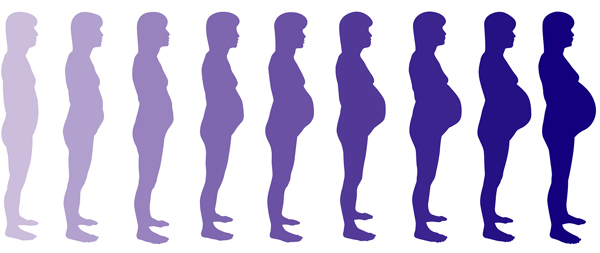 (This is assuming your baby appears normal on the ultrasound and you have no signs of an intrauterine infection.) Cerclage isn't without risk, and you may not meet the criteria for it.
(This is assuming your baby appears normal on the ultrasound and you have no signs of an intrauterine infection.) Cerclage isn't without risk, and you may not meet the criteria for it.
Your caregiver may suggest that you not have sex while you're having bleeding or cramping. Sex doesn't cause miscarriage, but it's a good idea to abstain while you're having these symptoms.
Treatment for miscarriage
If you're miscarrying, discuss the pros and cons of treatment options with your caregiver. If there's no threat to your health, you may choose to wait and let the tissue pass on its own. (More than half of women spontaneously miscarry within a week of finding out that the pregnancy is no longer viable.)
If you wait for the tissue to pass on its own, you may have light bleeding and cramping for a few weeks. You can wear sanitary pads but no tampons during this time and take acetaminophen for the pain. The bleeding and cramping will likely get worse shortly before you pass the "products of conception" – that is, the placenta and the embryonic or fetal tissue, which will look grayish and may include blood clots.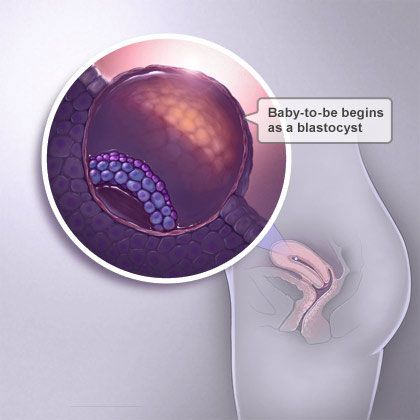
Or you may decide to have a surgical procedure to remove the tissue. This is done by suction dilation and curettage (D&C).
You'll definitely need to have the tissue removed right away if you have any problems that make it unsafe to wait, such as significant bleeding or signs of infection. And your practitioner may recommend the procedure if this is your second or third miscarriage in a row, so the tissue can be tested for a genetic cause.
If you choose to have suction dilation and curettage, the procedure doesn't usually require an overnight stay unless you have complications. As with any surgery, you'll need to arrive with an empty stomach – no food or drink since the night before.
The doctor will insert a speculum into your vagina, clean your cervix and vagina with an antiseptic solution, and dilate your cervix with narrow metal rods (unless your cervix is already dilated from having passed some tissue). In most cases, you'll be given sedation through an IV and a local anesthetic to numb your cervix.
Then the doctor will pass a hollow plastic tube through your cervix and suction out the tissue from your uterus. Finally, they'll use a spoon-shaped instrument called a curette to gently scrape any remaining tissue from the walls of your uterus. The whole procedure may take about 15 to 20 minutes, though the tissue removal itself takes less than ten minutes.
Finally, if your blood is Rh-negative, you'll receive a shot of Rh immune globulin unless the baby's father is Rh-negative, too.
What happens after a miscarriage
Whether you pass the tissue on your own or have it removed, you'll have mild menstrual-like cramps afterward for up to a day or so and light bleeding for a week or two. Use pads instead of tampons and take ibuprofen or acetaminophen for the cramps. Avoid sex, swimming, and using vaginal medications for at least a couple of weeks and until your bleeding has stopped.
If you begin to bleed heavily (soaking a sanitary pad in an hour), have any signs of infection (such as fever, achiness, or foul-smelling vaginal discharge), or feel excessive pain, call your practitioner immediately or go to the emergency room.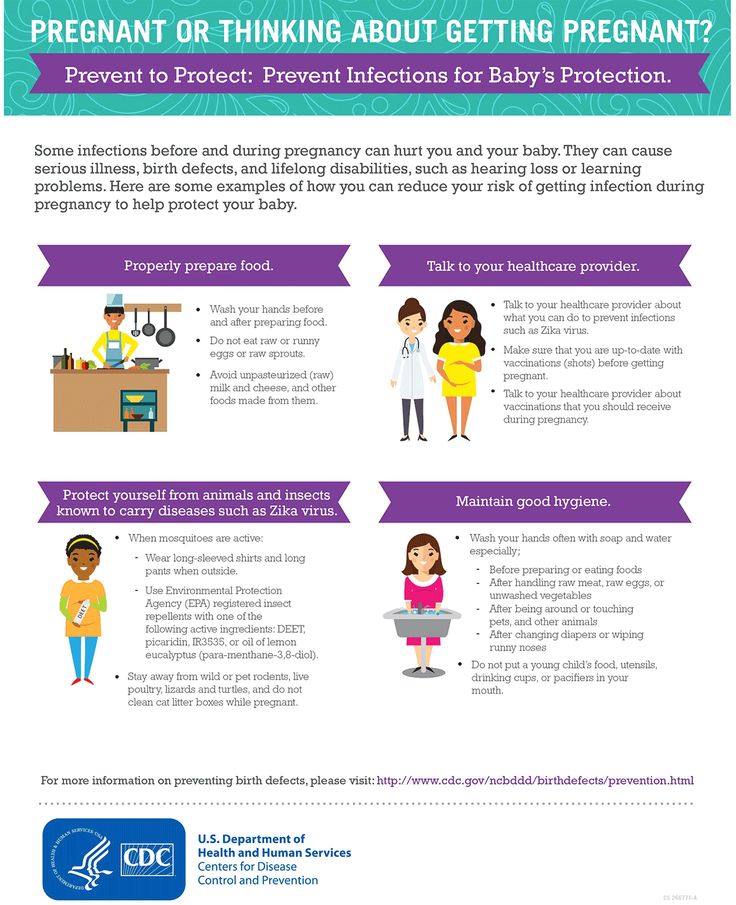 If your bleeding is heavy and you begin to feel weak, dizzy, or lightheaded, you may be going into shock. In this case, call 911 right away – don't wait to hear from your caregiver, and don't drive yourself to the ER.
If your bleeding is heavy and you begin to feel weak, dizzy, or lightheaded, you may be going into shock. In this case, call 911 right away – don't wait to hear from your caregiver, and don't drive yourself to the ER.
The chance of having another miscarriage
It's understandable to be worried about the possibility of another miscarriage, but fertility experts don't consider a single early pregnancy loss to be a sign that there's anything wrong with you or your partner.
Some practitioners will order special blood and genetic tests to try to find out what's going on after two miscarriages in a row, particularly if you're 35 or older or you have certain medical conditions. Others will wait until you've had three consecutive losses. In certain situations, such as if you had a second-trimester miscarriage or an early-third-trimester premature birth from a weakened cervix, you might be referred to a high-risk specialist after a single loss so your pregnancy can be carefully managed.
Conceiving again after a miscarriage
You may have to wait a bit. Whether you miscarry spontaneously, with the help of medication, or have the tissue removed, you'll generally get your period again in four to six weeks.
You can start trying to conceive again after this period, but you may want to wait longer so that you have more time to recover physically and emotionally. (You'll need to use birth control to prevent conception during this time, because you may ovulate as early as two weeks after you miscarry.)
How to cope after a miscarriage
Though you may be physically ready to get pregnant again, you may not feel ready emotionally. Some women cope best by turning their attention toward trying for a new pregnancy as soon as possible. Others find that months or more go by before they're ready to try to conceive again. Take the time to examine your feelings, and do what feels right for you and your partner. For more information see our article on coping with pregnancy loss.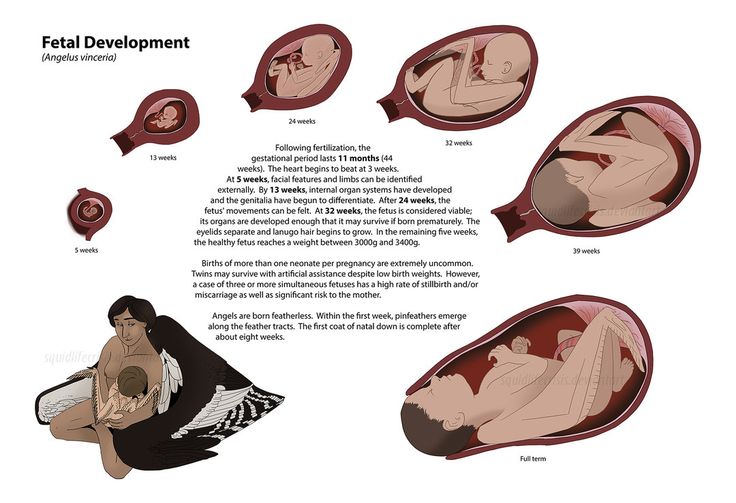
You may find help in a support group (your caregiver can refer you to one) or in our Community's Miscarriage, Stillbirth, and Infant Loss Support group.
If you're feeling overwhelmed by your sadness, call your caregiver. They can put you in touch with a therapist who can help.
If you're wondering how to explain a pregnancy loss to your child, read about how to talk to your preschooler about pregnancy loss.
Miscarriage Rates by Week: Causes and Risks
Miscarriage Rates by Week: Causes and Risks- Health Conditions
- Featured
- Breast Cancer
- IBD
- Migraine
- Multiple Sclerosis (MS)
- Rheumatoid Arthritis
- Type 2 Diabetes
- Articles
- Acid Reflux
- ADHD
- Allergies
- Alzheimer's & Dementia
- Bipolar Disorder
- Cancer
- Crohn's Disease
- Chronic Pain
- Cold & Flu
- COPD
- Depression
- Fibromyalgia
- Heart Disease
- High Cholesterol
- HIV
- Hypertension
- IPF
- Osteoarthritis
- Psoriasis
- Skin Disorders and Care
- STDs
- Featured
- Discover
- Wellness Topics
- Nutrition
- Fitness
- Skin Care
- Sexual Health
- Women's Health
- Mental Well-Being
- Sleep
- Product Reviews
- Vitamins & Supplements
- Sleep
- Mental Health
- Nutrition
- At-Home Testing
- CBD
- Men’s Health
- Original Series
- Fresh Food Fast
- Diagnosis Diaries
- You’re Not Alone
- Present Tense
- Video Series
- Youth in Focus
- Healthy Harvest
- No More Silence
- Future of Health
- Wellness Topics
- Plan
- Health Challenges
- Mindful Eating
- Sugar Savvy
- Move Your Body
- Gut Health
- Mood Foods
- Align Your Spine
- Find Care
- Primary Care
- Mental Health
- OB-GYN
- Dermatologists
- Neurologists
- Cardiologists
- Orthopedists
- Lifestyle Quizzes
- Weight Management
- Am I Depressed? A Quiz for Teens
- Are You a Workaholic?
- How Well Do You Sleep?
- Tools & Resources
- Health News
- Find a Diet
- Find Healthy Snacks
- Drugs A-Z
- Health A-Z
- Health Challenges
- Connect
- Breast Cancer
- Inflammatory Bowel Disease
- Psoriatic Arthritis
- Migraine
- Multiple Sclerosis
- Psoriasis
Medically reviewed by Holly Ernst, PA-C — By Rena Goldman on October 3, 2018
Overview
Miscarriage is a word used to describe the early loss of a pregnancy before 20 weeks of pregnancy. It usually happens in the first trimester.
It usually happens in the first trimester.
Unfortunately, between 10 and 15 percent of known pregnancies end in miscarriage.
You may have heard of couples waiting to announce a pregnancy until the risk of having a miscarriage is lower. The further you are into the pregnancy, the less likely you are to miscarry.
Read on to learn about what causes miscarriages and the risk for miscarriage during pregnancy.
Causes
Dr. Kaylen Silverberg, a Texas-based fertility specialist, says miscarriages are very common.
“Women think that when they have one miscarriage, they are doomed to miscarry again,” he says. However, the likelihood of having recurrent miscarriages (at least 2 or 3) is low, only occurring in about 1 percent of women.
Studies have shown an increased risk for miscarriage in women who have had recurrent miscarriages in the past. Conversely, some studies indicate that having a successful pregnancy before a current pregnancy may decrease the risk for miscarriage in the current pregnancy.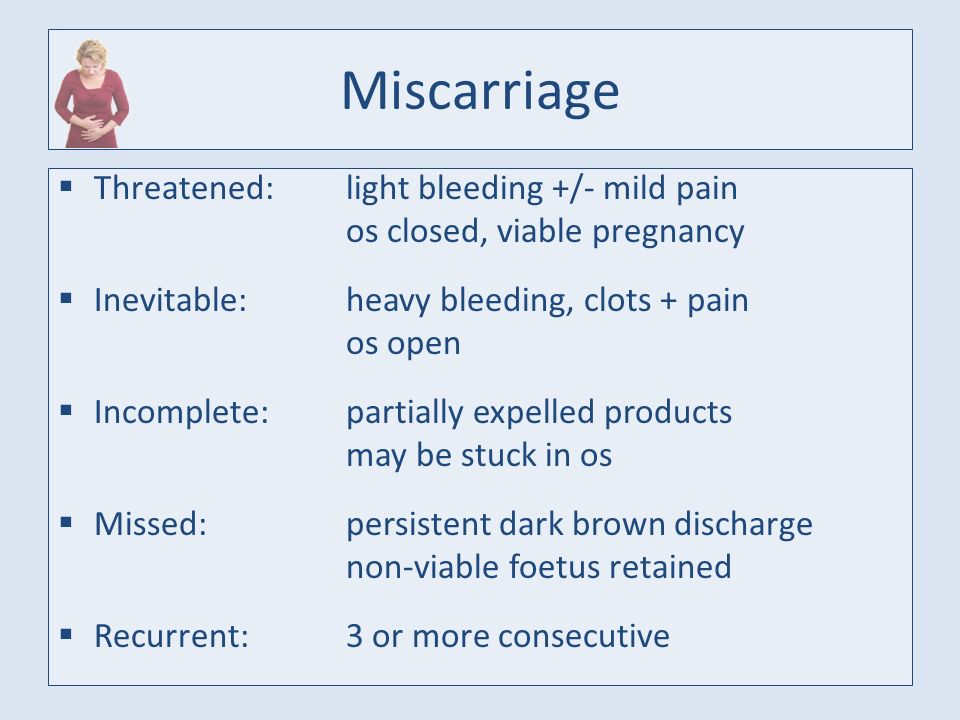
Several factors have to be accounted for in these cases, however. This includes maternal age and other medical conditions present. Most doctors will begin to investigate for a cause after you have had two to three losses. This will include reviewing your medical history in detail and performing certain tests.
Here are the five most common miscarriage causes.
Genetics
When the sperm and egg meet, the cells come together. They then begin to divide to start forming the genetic material that makes up a person.
Each of us is supposed to have 46 total chromosomes. That’s 23 from one parent and 23 from the other. If something goes wrong when the cells are dividing, a chromosome may be missing or repeated.
About 50 percent of all first trimester miscarriages are because of chromosomal abnormalities. This can occur more frequently in women who are considered advanced maternal age, or greater than 35 years old at pregnancy term.
Infections
Uterus or cervix infections can be dangerous to a developing baby and lead to miscarriage. Other infections that may pass to the baby or placenta can also affect a developing pregnancy and may lead to loss.
Other infections that may pass to the baby or placenta can also affect a developing pregnancy and may lead to loss.
Some of these infections include:
- listeria
- parvovirus B19
- toxoplasma gondii
- rubella
- herpes simplex
- cytomegalovirus
Anatomic problems
This refers to defects of the uterus cavity. If a woman’s uterus didn’t form correctly when she was developing, it may be unable to support a healthy pregnancy.
Clotting disorders
Clotting disorders are conditions that cause your body to form more blood clots than normal. Examples include lupus anticoagulant and antiphospholipid syndrome.
In the case of pregnancy, blood clots can form in the placenta. This prevents nutrition and oxygen from getting to the baby-to-be, and prevents waste from being carried away.
Risk rates
The first trimester of pregnancy is considered weeks 0 to 13. About 80 percent of miscarriages happen in the first trimester.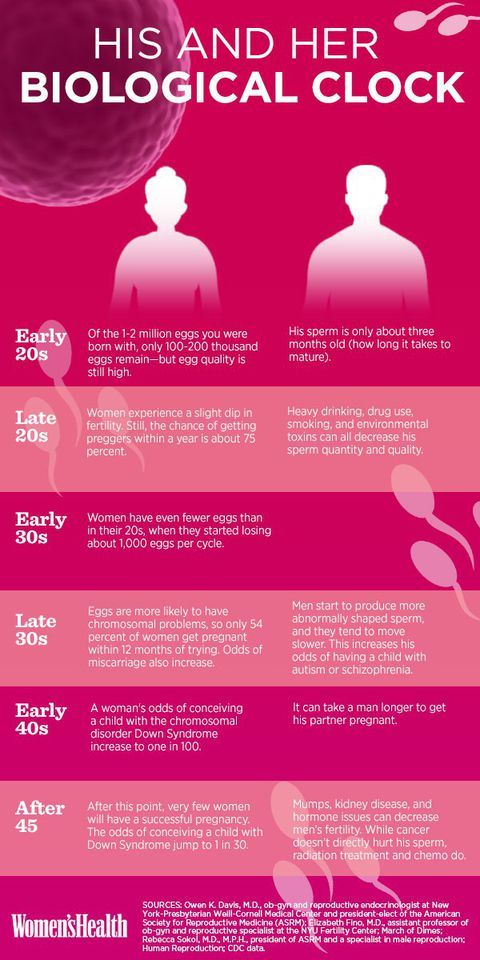 Losses after this time occur less often. March of Dimes reports a miscarriage rate of only 1 to 5 percent in the second trimester.
Losses after this time occur less often. March of Dimes reports a miscarriage rate of only 1 to 5 percent in the second trimester.
Weeks 0 to 6
These early weeks mark the highest risk of miscarriage. A woman can have a miscarriage in the first week or two without realizing she’s pregnant. It may even seem like a late period.
Age plays a role in a woman’s risk factor. One study indicated that compared to women younger than 35:
- Women ages 35 to 39 have a 75 percent increase in risk
- Women ages 40 and older are at 5 times the risk
Weeks 6 to 12
Once a pregnancy makes it to 6 weeks and has confirmed viability with a heartbeat, the risk of having a miscarriage drops to 10 percent. According to a 2008 study, the risk for miscarriage falls quickly with further gestational age. However, this was not specifically studied in patients with other risk factors for miscarriage.
Weeks 13 to 20
By week 12, the risk may fall to 5 percent. But keep in mind that it doesn’t really fall below that because complications can happen during pregnancy.
But keep in mind that it doesn’t really fall below that because complications can happen during pregnancy.
Signs and symptoms
The most common signs of a miscarriage are bleeding and cramping that are felt in the abdomen, pelvis, or lower back.
Some women have spotting (light bleeding) during pregnancy. A few drops or light flow of brown or dark red doesn’t necessarily mean trouble. But call your doctor right away if you see bright red blood, particularly in large amounts.
Cramping can also happen in normal pregnancies. But if it’s severe or occurring more on one side of the pelvis, you should call your doctor.
Prevention
The majority of miscarriages are the result of genetic abnormalities or other health factors that are beyond our control. For that reason, there isn’t a whole lot you can do for prevention.
The best thing you can do is to keep yourself as healthy as possible before trying to conceive and throughout your pregnancy.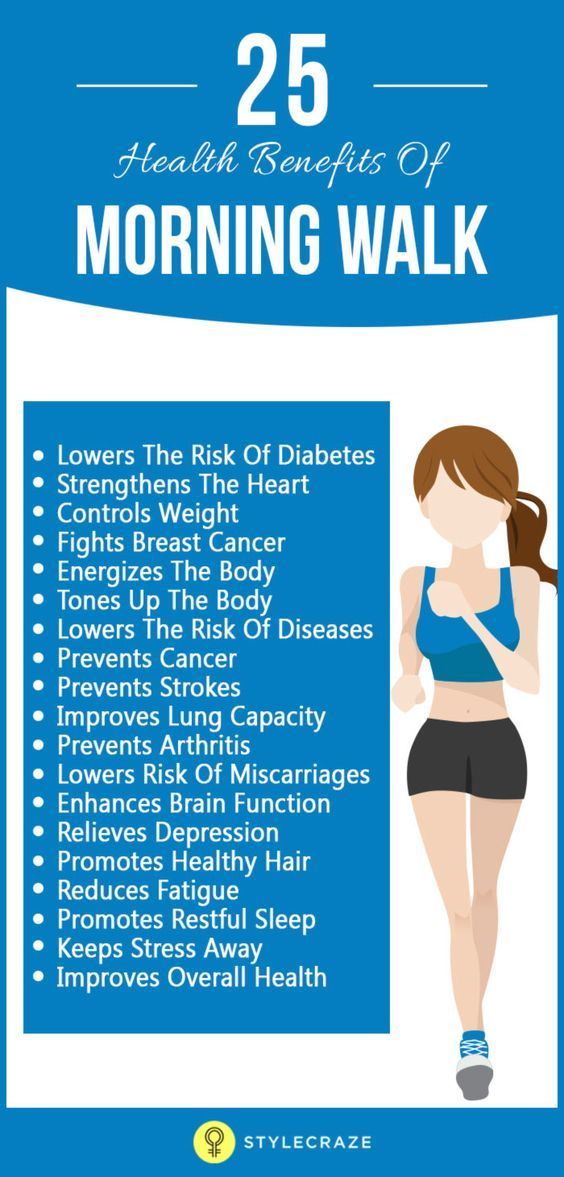 Here are some tips to staying healthy during pregnancy:
Here are some tips to staying healthy during pregnancy:
- Eat a well-balanced diet.
- Exercise regularly.
- Avoid alcohol, recreational drugs, and cigarette smoking.
- Reduce caffeine to 200 mg or less per day.
- Get regular prenatal visits.
If you’re worried about your risk of having a pregnancy affected by chromosomal issues, you can speak to your doctor about genetic testing before trying to conceive. A blood sample will be taken from one or both partners, and then sent to a laboratory to be evaluated for major genetic disorders. This testing and other evaluation are generally done after someone has recurrent losses.
The takeaway
The experience of a miscarriage can be physically and emotionally painful. But it’s important to remember that it’s not your fault. Talk to trusted friends and family, and ask for help when you need it.
Your doctor may be able to recommend a support group or therapist in your area. There are also many online organizations and support groups like March of Dimes that offer a safe place to share your story and grieve with others.
Share on Pinterest
Rena Goldman is a journalist and editor who lives in Los Angeles. She writes about health, wellness, interior design, small business, and the grassroots movement for campaign finance reform. When she’s not glued to a computer screen, Rena likes to explore new hiking spots in Southern California. She also enjoys walking in her neighborhood with her dachshund, Charlie, and admiring the landscaping and architecture of LA homes she can’t afford. Follow her on Twitter: @ReeRee_writes
Last medically reviewed on October 3, 2018
- Parenthood
- Pregnancy
- Pregnancy Complications
How we reviewed this article:
Healthline has strict sourcing guidelines and relies on peer-reviewed studies, academic research institutions, and medical associations. We avoid using tertiary references. You can learn more about how we ensure our content is accurate and current by reading our editorial policy.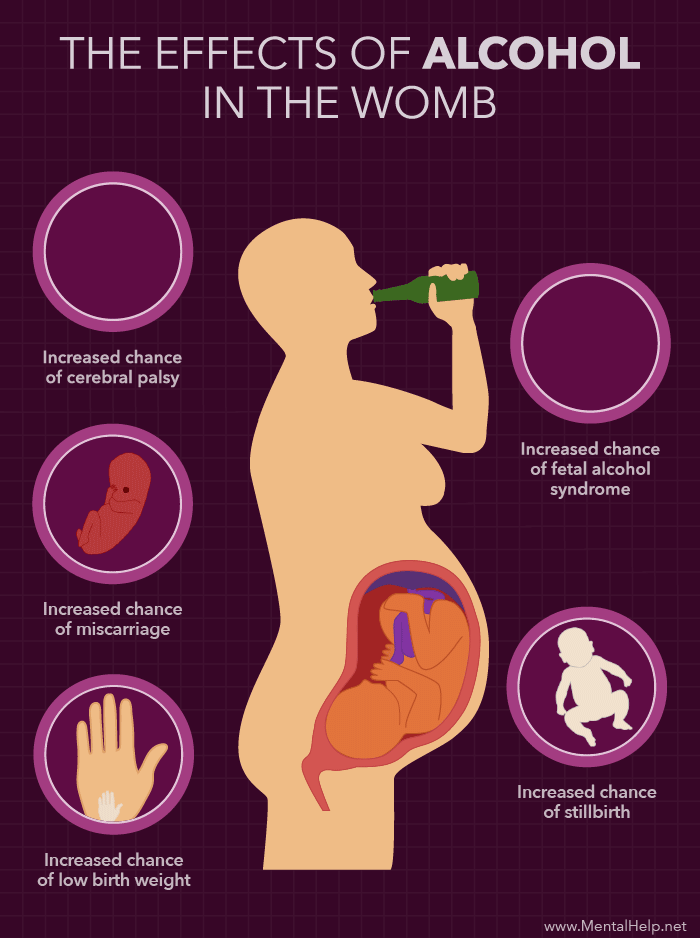
- Chromosomal conditions. (2018).
marchofdimes.org/baby/chromosomal-conditions.aspx - Early pregnancy loss: FAQs. (2015).
acog.org/Patients/FAQs/Early-Pregnancy-Loss - Early pregnancy loss: Practice bulletin. (2015).
acog.org/Resources-And-Publications/Practice-Bulletins/Committee-on-Practice-Bulletins-Gynecology/Early-Pregnancy-Loss - Ford HB, et al. (2009). Recurrent pregnancy loss: Etiology, diagnosis, and therapy.
ncbi.nlm.nih.gov/pmc/articles/PMC2709325/ - Maconochie N, et al. (2007). Risk factors for first-trimester miscarriage—results from a UK-population-based case-control study.
obgyn.onlinelibrary.wiley.com/doi/full/10.1111/j.1471-0528.2006.01193.x - Miscarriage. (2017).
marchofdimes.org/complications/miscarriage.aspx - Regan L, et al. (1989). Influence of past reproductive performance on risk of spontaneous abortion.
uptodate.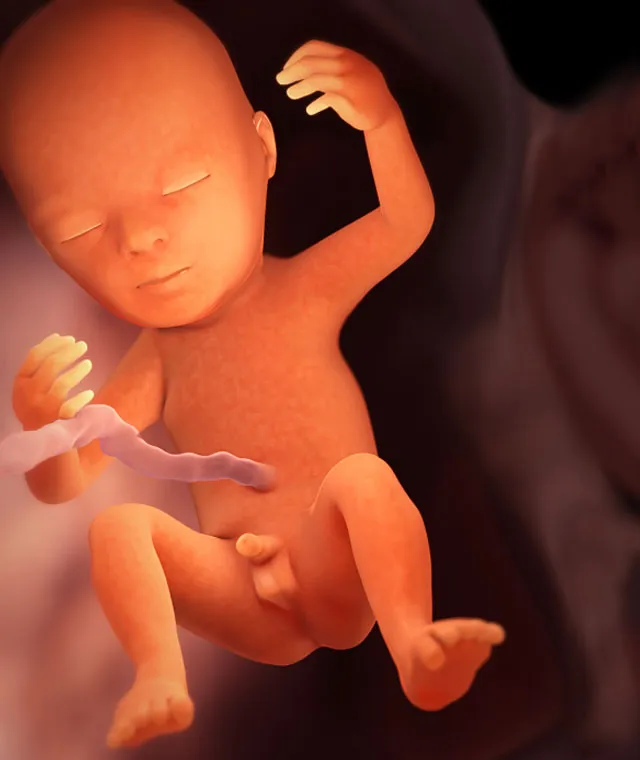 com/contents/definition-and-etiology-of-recurrent-pregnancy-loss/abstract/19
com/contents/definition-and-etiology-of-recurrent-pregnancy-loss/abstract/19 - Repeated miscarriages. (2016).
acog.org/Patients/FAQs/Repeated-Miscarriages - Tong S, et al. (2008). Miscarriage risk for asymptomatic women after a normal first-trimester prenatal visit.
ncbi.nlm.nih.gov/pubmed/18310375 - Tulandi T. (2018). Patient information: Miscarriage (beyond the basics).
uptodate.com/contents/miscarriage-beyond-the-basics
Our experts continually monitor the health and wellness space, and we update our articles when new information becomes available.
Current Version
Oct 3, 2018
Written By
Rena Goldman
Medically Reviewed By
Holly Ernst, PA-C
Share this article
Medically reviewed by Holly Ernst, PA-C — By Rena Goldman on October 3, 2018
related stories
How to Tell if You’re Having a Miscarriage Without Bleeding
When Is the Best Time to Announce Your Pregnancy?
What’s a Chemical Pregnancy?
How Long Does a Miscarriage Last?
Late Miscarriage: Symptoms and Finding Support
Read this next
How to Tell if You’re Having a Miscarriage Without Bleeding
Medically reviewed by Debra Sullivan, Ph.
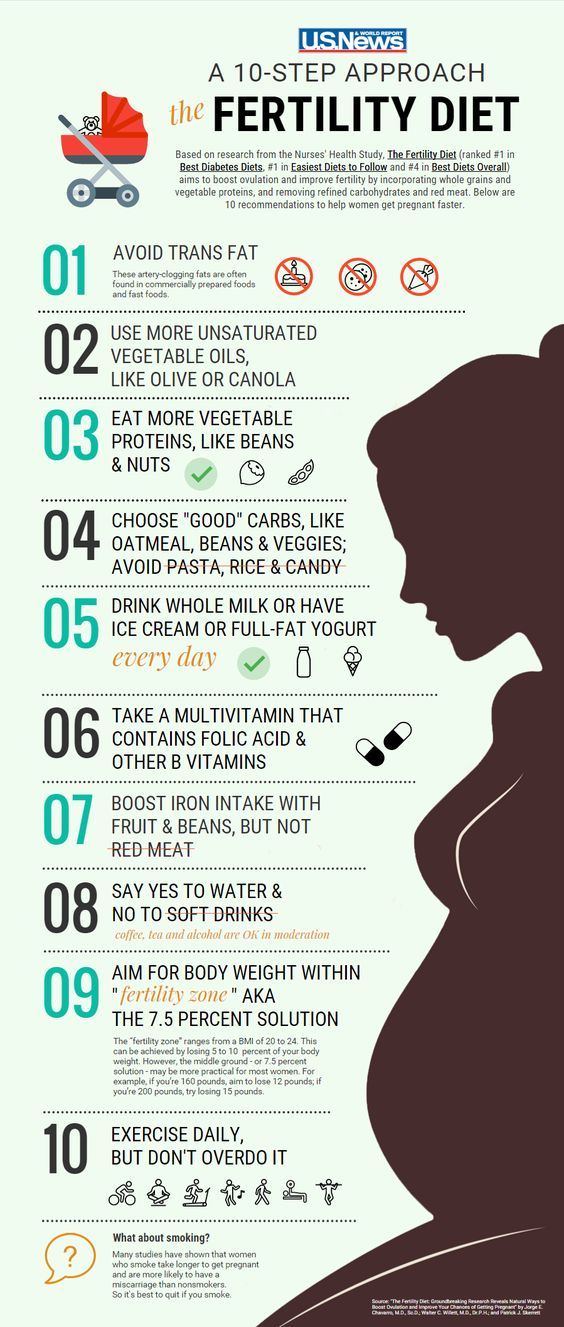 D., MSN, R.N., CNE, COI
D., MSN, R.N., CNE, COIA miscarriage is also known as a pregnancy loss. These are the symptoms, causes, and a look at how to move forward.
READ MORE
When Is the Best Time to Announce Your Pregnancy?
Medically reviewed by Deborah Weatherspoon, Ph.D., MSN
If you’re expecting, you might be wondering when it’ll be safe to tell family and friends. Here’s how to decide when to share the news of your…
READ MORE
What’s a Chemical Pregnancy?
Medically reviewed by Debra Rose Wilson, Ph.D., MSN, R.N., IBCLC, AHN-BC, CHT
A chemical pregnancy is an early pregnancy loss that occurs shortly after implantation. Chemical pregnancies may account for 50 to 75 percent of all…
READ MORE
How Long Does a Miscarriage Last?
Medically reviewed by Holly Ernst, PA-C
The loss of a pregnancy before 20 weeks is considered a miscarriage.
 The length of time a miscarriage lasts varies from woman to woman, as do the risk…
The length of time a miscarriage lasts varies from woman to woman, as do the risk…READ MORE
Late Miscarriage: Symptoms and Finding Support
Medically reviewed by Kimberly Dishman, MSN, WHNP-BC, RNC-OB
It can be devastating to experience a miscarriage in your second trimester. Find support and information here.
READ MORE
Everything You Need to Know About Miscarriage
Medically reviewed by Deborah Weatherspoon, Ph.D., MSN
A miscarriage is the loss of a fetus during pregnancy. It’s also an event that’s more common than you think. Learn about causes, types, symptoms, and…
READ MORE
Threatened Abortion (Threatened Miscarriage)
Threatened abortion refers to vaginal bleeding during the first 20 weeks of pregnancy. Learn about its symptoms, risk factors, and diagnosis.
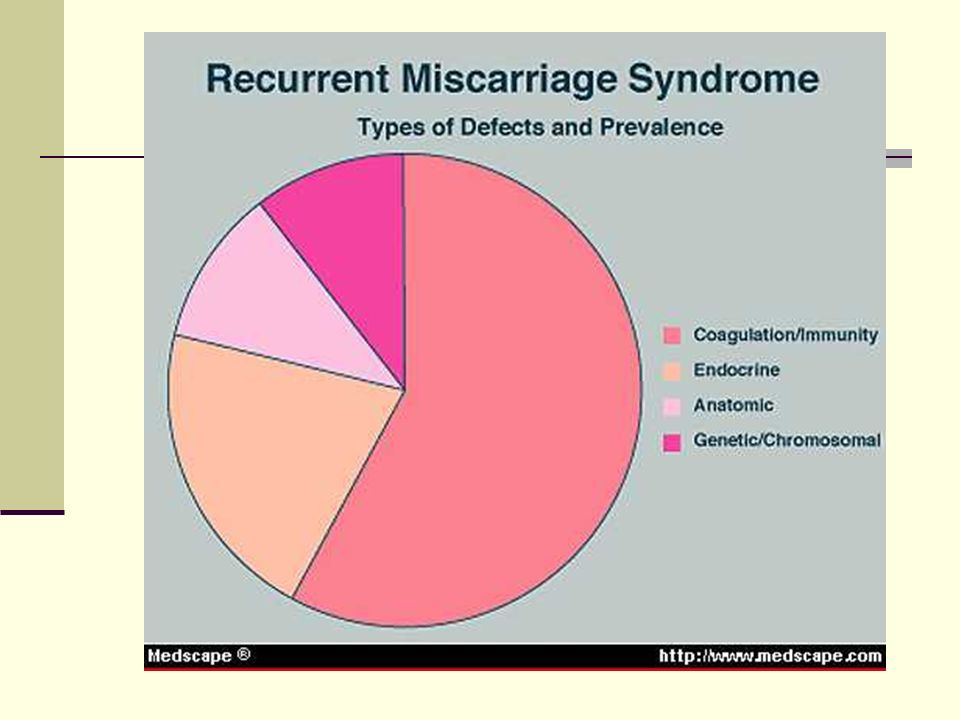
READ MORE
What I’ve Learned from Counseling Couples Through Miscarriage
Most women tell me it doesn’t get better, but it does get easier.
READ MORE
Depression After a Miscarriage
Medically reviewed by Janine Kelbach, RNC-OB
It’s not uncommon to experience depression after the sudden loss of a pregnancy. Learn how to cope with the depression associated with miscarriage.
READ MORE
Your Guide to a Pregnancy-Safe Skin Care Routine
When you're expecting, pregnancy-safe skin care can help ensure the health of you and your baby. We'll tell you what to avoid — and some good…
READ MORE
Miscarriage, how to avoid - Planning and management of pregnancy in the gynecology of the Literary Fund polyclinic after a miscarriage
- Gallery
- News
- Blog
- Reviews
- Jobs
- Licenses
- Insurance partners
- Controlling organizations
- Schedule of reception of citizens on personal appeals
- What you need to know about coronavirus infection? nine0004
- Rules for patients
- Online doctor's consultation
- to corporative clients
- The documents
A miscarriage is always associated with severe consequences for the whole body of a woman and for her reproductive organs in particular, it also affects the family situation, disrupts the woman's work schedule. An unfavorable outcome of pregnancy requires great mental and physical costs on the part of parents. Therefore, contacting doctors to find out the causes of the problem is the very first and correct step towards the birth of a child. nine0033
An unfavorable outcome of pregnancy requires great mental and physical costs on the part of parents. Therefore, contacting doctors to find out the causes of the problem is the very first and correct step towards the birth of a child. nine0033
Any competent gynecologist will tell you that the problem of miscarriage can be solved. With proper preparation for pregnancy and its management, the next time you will have a successful pregnancy. Most girls after a miscarriage go to extremes: they try to get pregnant again as soon as possible. And if this succeeds, then the miscarriage is very often repeated. And you need to give the body a rest for 2-3 months, then identify and eliminate the cause. And only then try.
Causes of miscarriage
Many are convinced that miscarriages are due to a fall, bruise, or some other physical shock. Any woman who has had a miscarriage can remember that not long before she either fell or lifted something heavy. And I am sure that she lost her unborn child precisely because of this. However, those women whose pregnancy was normal also fall and lift heavy things. Most sudden miscarriages do not occur for this reason. The reason is in violations of the pregnancy itself. Approximately half of miscarriages are due to abnormal genetic development of the fetus, which can be hereditary or accidental. Merciful nature, following the principles of natural selection in everything, destroys the defective and unviable fetus. But you should not be afraid of this. The fact that there is a defect in one embryo does not mean at all that all the others will be the same. nine0033
However, those women whose pregnancy was normal also fall and lift heavy things. Most sudden miscarriages do not occur for this reason. The reason is in violations of the pregnancy itself. Approximately half of miscarriages are due to abnormal genetic development of the fetus, which can be hereditary or accidental. Merciful nature, following the principles of natural selection in everything, destroys the defective and unviable fetus. But you should not be afraid of this. The fact that there is a defect in one embryo does not mean at all that all the others will be the same. nine0033
The woman's body is almost always to blame for the other half of miscarriages. They are caused by various known and unknown factors, such as: acute infectious diseases suffered in the first trimester of pregnancy, poor environment or difficult working conditions, excessive psychological or physical stress, abnormal development of the uterus, radiation, alcohol, smoking and certain types of drugs.
The causes of early and late miscarriage may differ, although they may overlap. The most important thing is to find out and eliminate or compensate for your own cause of miscarriage. Having discovered the cause, the gynecologist will tell you how to avoid another loss. nine0033
The most important thing is to find out and eliminate or compensate for your own cause of miscarriage. Having discovered the cause, the gynecologist will tell you how to avoid another loss. nine0033
Miscarriage
Miscarriage statistics also include “missed pregnancy”. Sometimes it happens that the embryo dies and lingers in the uterine cavity. Most often, this fact is detected by ultrasound. The dead fetus may begin to decompose, and this, thereby, will lead to poisoning of the mother's body.
Doctors resort to surgical curettage, which is associated with a risk of inflammation and complications. With such a miscarriage, the next pregnancy is planned after the body is fully restored - not earlier than a year. During this year, you will have to find out the cause of the missed pregnancy and treat it. nine0033
Miscarriage up to 6 weeks
The main causes of miscarriage on this line are malformations of the embryo itself. Statistics say that from 70-90% of embryos had chromosomal abnormalities: they are random and will not occur in other pregnancies.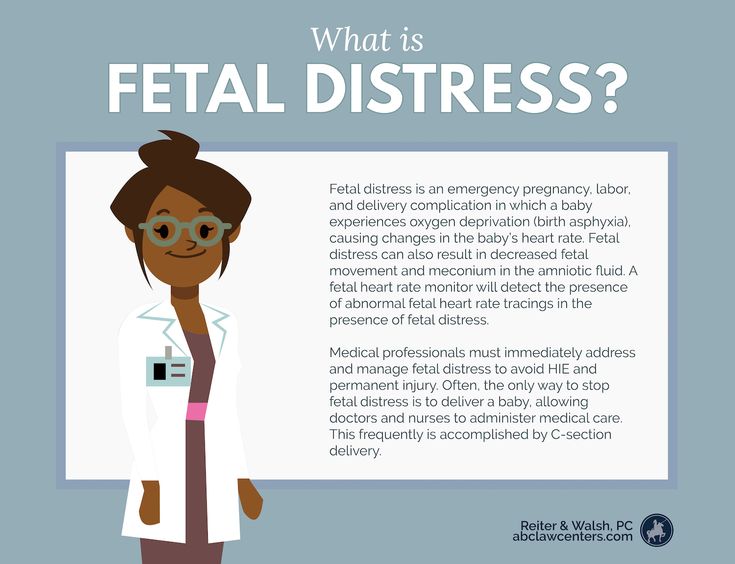 You may have been ill, taken medication, or were under the influence of other harmful factors. Fate saved you from a child with malformations.
You may have been ill, taken medication, or were under the influence of other harmful factors. Fate saved you from a child with malformations.
The human body is perfect and finds a way to correct the situation by miscarriage. Today is a tragedy for you. The real tragedy would be the preservation and birth of a sick, non-viable child. So don’t cry and understand: everything is for the best, you won’t help grief with tears ... And after three months, try again - it will almost certainly turn out to be successful. nine0033
It should also be noted that the fact of a miscarriage does not mean that you have lost something. So for a period of 7-8 weeks, the absence of an embryo in the fetal egg is found - "anembryony". It is believed that in 80-90% of cases, miscarriages are undiagnosed non-developing pregnancies.
Miscarriage between 6 and 12 weeks
Miscarriage in this period is also considered early. Its most common causes are:
Endocrine disorders
Endocrine disorders, when the ovaries do not synthesize enough hormones to keep the fetus in the womb, or the amount of male sex hormones is increased, is one of the most common causes of miscarriage and miscarriage. nine0033
nine0033
Imbalance of hormones in a woman's body is very likely to lead to an early termination of pregnancy. With a lack of the main hormone progesterone produced by the ovaries, this happens most often. Another hormonal problem is an increase in the tone of the uterus, which provokes the expulsion of the fetus.
Progesterone prepares the uterine mucosa for implantation and is the hormone for maintaining pregnancy in the first months. If conception occurs, the fetus cannot properly establish itself in the uterus. As a result, the fertilized egg is rejected. But pregnancy can be saved with the help of progesterone preparations if this problem is detected in time. nine0033
An excess of male sex hormones that suppress the production of estrogen and progesterone can also be the cause of an early miscarriage. Often, the cause of recurrent miscarriages are androgens that affect the formation and development of pregnancy; as well as thyroid and adrenal hormones. Therefore, a change in the function of these glands can lead to miscarriage.
Undertreated sexual infections
This problem must be solved before conception. Often the cause of miscarriage is sexually transmitted infections: syphilis, trichomoniasis, toxoplasmosis, chlamydia, cytomegalovirus and herpetic infections. Their effect on the fetus and the course of pregnancy is different for each woman and depends on the timing of infection, the activity of the microorganism, the degree of immune protection and the presence of other adverse factors. Depending on the situation, they can lead to the formation of fetal malformations, intrauterine infection, feto-placental insufficiency, early miscarriage or premature birth. Infection of the fetus and damage to the membrane of the fetus leads to miscarriage. To avoid this, infections should be treated before pregnancy. The use of therapy is possible during pregnancy as prescribed by a doctor. nine0033
Viral infections and other diseases
Any disease accompanied by intoxication and fever above 38 about C can lead to a miscarriage. Rubella, influenza and viral hepatitis occupy a leading position in this list. At a period of 4-10 weeks for pregnancy, ordinary tonsillitis can also become tragic, pneumonia carries a more serious risk. Pyelonephritis and appendicitis can cause early labor. When planning a pregnancy, it is imperative to undergo a medical examination in order to identify and treat foci of infections. nine0033
Rubella, influenza and viral hepatitis occupy a leading position in this list. At a period of 4-10 weeks for pregnancy, ordinary tonsillitis can also become tragic, pneumonia carries a more serious risk. Pyelonephritis and appendicitis can cause early labor. When planning a pregnancy, it is imperative to undergo a medical examination in order to identify and treat foci of infections. nine0033
Extremely dangerous during pregnancy rubella - it leads to severe fetal malformations, so infection during pregnancy is an indication for medical abortion.
Any disease during pregnancy can lead to non-viability of the fetus. And the body, through a miscarriage, insures you against unwanted offspring. With such a miscarriage, the next pregnancy has every chance of going well.
Immune causes of miscarriage
Sometimes antibodies that are hostile to the fetus are formed in the blood of a pregnant woman. This cause can be predicted and eliminated in advance. Most often, the conflict occurs when the embryo inherits the positive Rh factor of the father, and the negative Rh factor, the mother's body rejects the embryonic tissues that are alien to it. Constant monitoring of antibody titer and the introduction of anti-Rhesus immunoglobulins allows you to maintain and maintain pregnancy. In case of an immune conflict, progesterone preparations are also used to prevent miscarriage, which in this case has an immunomodulatory effect. nine0033
Most often, the conflict occurs when the embryo inherits the positive Rh factor of the father, and the negative Rh factor, the mother's body rejects the embryonic tissues that are alien to it. Constant monitoring of antibody titer and the introduction of anti-Rhesus immunoglobulins allows you to maintain and maintain pregnancy. In case of an immune conflict, progesterone preparations are also used to prevent miscarriage, which in this case has an immunomodulatory effect. nine0033
Reduced immunity
Reduced immunity during pregnancy also refers to immune causes. The body is simply not able to grow a new life in itself. You need to take care of yourself and recover before the next conception.
Anatomical causes of miscarriage
Anatomical causes of miscarriage are the most intractable. Malformations of the uterus are a serious reason for miscarriage. Sometimes you just have to deal with it.
Miscarriage between 12 and 22 weeks
Such a miscarriage is considered late. Its causes coincide with the causes of miscarriages in the early stages (anatomical, immune, infectious, endocrine).
Its causes coincide with the causes of miscarriages in the early stages (anatomical, immune, infectious, endocrine).
At this time, miscarriage also occurs due to isthmic-cervical insufficiency - a weak cervix cannot hold the fetus and opens. For this reason, a miscarriage can occur in the 2nd or 3rd trimester. Isthmic-cervical insufficiency is observed in 15.0-42.7% of women suffering from miscarriage. Careful monitoring of the pregnant woman allows you to identify the problem in time and make surgical correction of the cervix before the onset of childbirth. nine0033
In isthmic-cervical insufficiency, there is only one method of treatment - mechanical narrowing of the cervical canal. To do this, the neck is either sewn up or a special ring is put on it. However, the latter method is less efficient, because the ring can easily slide off the neck, then it will no longer hold back the process of opening it.
After suturing, if necessary, it is possible to use antibiotics and drugs that normalize the microflora of the vagina.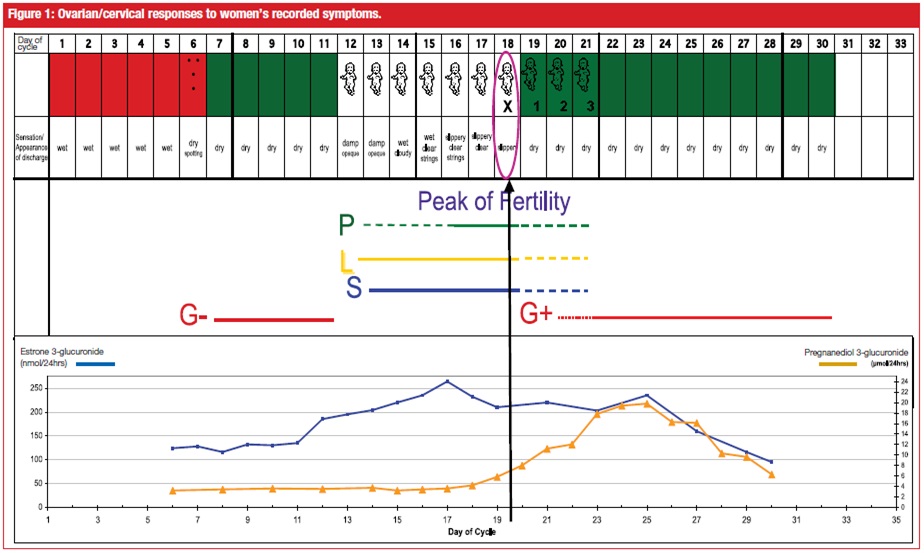 The treatment of the vagina and the control of the state of the seams are carried out daily for 5 days. Stitches are removed at 37-38 weeks and with premature onset of labor. nine0033
The treatment of the vagina and the control of the state of the seams are carried out daily for 5 days. Stitches are removed at 37-38 weeks and with premature onset of labor. nine0033
Isthmic-cervical insufficiency may be primary (for no apparent reason), may be the result of abortion or hormonal disorders (increased levels of androgens - male sex hormones or their precursors).
Miscarriage after 22 weeks
Such a loss is hard to forget. Obstetricians talk about premature birth after the 28th week of pregnancy. Traditionally, a child born after this period is considered viable. But medicine knows many cases when it was possible to save the life of earlier children. nine0033
We recommend that you be carefully examined for miscarriage, check the above factors. In addition to them, the cause of a miscarriage can be antiphospholipid syndrome, while the woman's body perceives the child as something alien and rejects it. This disease, like the others listed, can be corrected; you have a very real chance of bearing a child.
Miscarriages due to hemostasis disorders
All of the above causes account for only 30-40%. Up to 70% of miscarriages are caused by disorders in the blood coagulation system (hemostasis). nine0033
Blood coagulation disorders leading to pregnancy loss can be divided into thrombophilic (increased clotting) and hemorrhagic (bleeding tendencies). Both of these extremes are dangerous to the fetus. Various disorders leading to the formation of small blood clots lead to the fact that the fetus loses sufficient blood supply, development is disturbed and the fetus is rejected.
The main hemorrhagic changes can appear even in childhood in the form of increased bleeding during cuts, tooth extractions, the onset of menstruation. But sometimes they declare themselves only during pregnancy and are the cause of a miscarriage. Bleeding in the early stages and detachment of the chorion is difficult to stop. nine0033
You may not guess, but incomprehensible headaches, weakness, fatigue, temporary loss of smell or hearing may be symptoms of disorders in the blood coagulation system.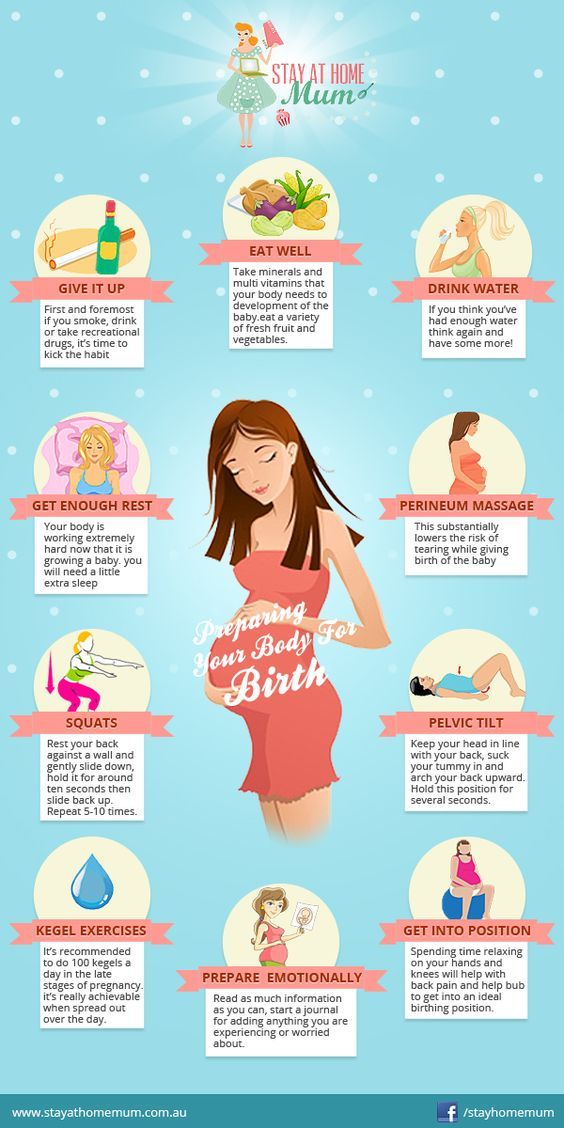
When planning a pregnancy, a genetic examination should be carried out and, if necessary, treatment should be started.
It is advisable to be examined for hidden hemostasis defects even for those who consider themselves healthy. This will allow you to predict the occurrence of complications and prevent loss. Early therapy can prevent miscarriage at 98% of cases. If defects in hemostasis are already detected during pregnancy, it can be difficult to maintain it.
What to do after a miscarriage?
Find the cause! The ideal option is to be examined by future parents: it is much more reasonable to postpone conception and spend two or three months to identify the causes than to risk getting pregnant again, spend two months waiting, and then lose everything again and still go to the doctors.
Until you understand the reason, it will not evaporate. In most cases, the answers lie on the surface. Take care of your health and your future baby. nine0033
Sign up for a consultation with an obstetrician-gynecologist by phone +7 (495) 150-60-01
Tyan Oksana Alexandrovna
Head of the department, obstetrician-gynecologist Doctor of the highest category Work experience: 26 years
Volkova Polina Dmitrievna
Obstetrician-gynecologist, doctor of ultrasound diagnostics Doctor of the highest category Experience: 35 years
Postnikova Nadezhda Anatolyevna
Obstetrician-gynecologist, ultrasound specialist Work experience: 35 years
Moiseeva Alla Vitalievna
Obstetrician-gynecologist, doctor of ultrasound diagnostics Doctor of the first category Work experience: 37 years
Zabolotnova Olga Valentinovna
Obstetrician-gynecologist Doctor of the first category Experience: 26 years
Shchelokova Elena Nikolaevna
Obstetrician-gynecologist Doctor of the highest category Experience: 38 years
Maksimova Tamara Anatolyevna
Obstetrician-gynecologist Work experience: 7 years
Pass or medical card number:
Contact phone: *
Select the day of your appointment:
Additional information: nine0033
I am not a robot
By clicking the "Submit Application" button, you agree to the terms Privacy Policy and User Agreement
The threat of miscarriage: how to recognize and prevent
Pregnancy is a period of life that is extremely important for any woman. However, it is at this stage that the body loses most of its protective properties, becoming more vulnerable to adverse factors, especially in the case of existing health problems. According to disappointing statistics, about 15% of all clinically confirmed pregnancies end in the loss of a baby, and with a diagnosis of “ the threat of miscarriage “every second expectant mother is familiar firsthand.
However, it is at this stage that the body loses most of its protective properties, becoming more vulnerable to adverse factors, especially in the case of existing health problems. According to disappointing statistics, about 15% of all clinically confirmed pregnancies end in the loss of a baby, and with a diagnosis of “ the threat of miscarriage “every second expectant mother is familiar firsthand.
What is a miscarriage?
Miscarriage is an involuntary termination of pregnancy that occurs before 20 weeks of gestation, when the weight of the fetus does not exceed 500 grams. More than 80% of miscarriages occur early up to 12 weeks. It is at this time that the initial laying of the organs of the fetus occurs, and therefore any impact can be negative. Often, the woman herself, not knowing about her pregnancy, perceives the bleeding that has arisen as the monthly onset of the menstrual cycle. This situation is dangerous and can cause serious complications in case of incomplete expulsion from the fetus. nine0033
nine0033
If the threat of miscarriage occurs after 22 weeks, then we are talking about premature birth and born babies weighing more than 650 grams. can be successfully cared for thanks to the achievements of modern medicine and the experience of doctors.
Symptoms that must not be ignored
The fact that the pregnancy is at risk of miscarriage is indicated by the onset of vaginal bleeding. Whatever its intensity, duration and color saturation, this is a signal that you should immediately seek help from a specialist. nine0033 A no less alarming sign is a pulling pain that has appeared in the lower abdomen. Painful sensations radiating to the sacrum or inguinal region indicate the presence of uterine hypertonicity and an attempt by the body to get rid of the developing fetus. The causes of bleeding and discomfort may be less serious, but these symptoms should definitely not be ignored. The threat of miscarriage can be provoked by a number of reasons and not in every case it is possible to establish the true problem. And, nevertheless, every woman should be aware of the factors that can lead to termination of pregnancy: Not a single woman is insured against involuntary termination of pregnancy, and yet there are a number of factors that increase the risk and require more attention from the expectant mother and additional control from the attending physician: Even with the slightest suspicion, a specialist should be contacted immediately. If you notice bloody discharge, indicating a possible detachment of the chorion - the membranes of the embryo, with which it is held on the walls of the uterus, you should lie down and call an ambulance. Trying to get to a medical facility on your own in such a state is not worth it. nine0033 If a doctor suspects a threatened miscarriage , a number of tests and examinations will help clarify the situation and identify the degree of danger. First of all, the specialist will check the heartbeat of the developing fetus. Ultrasound examination will help to find out about the condition of the placenta and embryo, as well as show possible pathologies of the structure of the uterus. Examination by a gynecologist will determine the presence of tone. After a thorough examination and determination of the level of danger, the doctor will prescribe maintenance therapy. Treatment aimed at preserving pregnancy, includes the following stages: If The threat of miscarriage was caused by hormonal disorders, the pregnant woman will be prescribed by the main necessary by hormone - prognostron. Taking drugs (usually "Utrozhestan" or "Dufaston") is prescribed according to a special scheme and is used until a period of 16 weeks is reached. By this time, the mature placenta begins to produce the necessary hormones on its own. nine0033 There is no need to obtain hormones artificially, but it is very important to know that the abrupt cessation of progesterone use can cause spontaneous abortion. Prescribing antispasmodics can reduce uterine tone and reduce pain. The most common drugs that can be used until the pain disappears completely are papaverine (candles) and drotaverine (tablets). nine0033 The expectant mother will be required to take vitamins, which will not only strengthen the body as a whole, but also contribute to the fact that the threat of miscarriage will be minimized. The use of folic acid during the first trimester as a separate drug or as part of a vitamin complex will prevent the development of neural tube defects in the embryo. Considering the number of factors that affect the course of pregnancy, it is impossible to find a magic formula that will reduce the risk of miscarriage to zero. If the expectant mother is given a disappointing diagnosis, the task of the doctors is to do everything possible to keep the pregnancy until a safe period. nine0033
If the expectant mother is given a disappointing diagnosis, the task of the doctors is to do everything possible to keep the pregnancy until a safe period. nine0033 The main reasons causing the threat of abortion
 An excess of male hormones is another reason for abortion, as it suppresses the production of female hormones.
An excess of male hormones is another reason for abortion, as it suppresses the production of female hormones.  Pathology is the result of a single mutation, in which the development of the embryo stops, which leads to its subsequent death. The development of such pathologies is perhaps the only one of the factors listed above, in which medicine is powerless.
Pathology is the result of a single mutation, in which the development of the embryo stops, which leads to its subsequent death. The development of such pathologies is perhaps the only one of the factors listed above, in which medicine is powerless. Who is at additional risk?
 Past diseases, the accumulation of toxic substances adversely affect the ability of eggs to conceive. nine0004
Past diseases, the accumulation of toxic substances adversely affect the ability of eggs to conceive. nine0004 
What should I do if I suspect a threatened miscarriage? nine0059
 It is very important to maintain a sober mind and not panic. Your calmness and timely medical care in most cases help to keep the pregnancy.
It is very important to maintain a sober mind and not panic. Your calmness and timely medical care in most cases help to keep the pregnancy. Treatments
 In the case when the risk of abortion is especially high, the expectant mother is left for treatment in a hospital until her condition stabilizes and the threat of miscarriage is eliminated. If the condition does not cause serious concern, a woman can be treated at home, subject to the doctor's instructions and maintaining complete calm, for which she will be prescribed sedatives on a natural basis. nine0033
In the case when the risk of abortion is especially high, the expectant mother is left for treatment in a hospital until her condition stabilizes and the threat of miscarriage is eliminated. If the condition does not cause serious concern, a woman can be treated at home, subject to the doctor's instructions and maintaining complete calm, for which she will be prescribed sedatives on a natural basis. nine0033 1. Hormonal therapy
 Cancellation of the drug should occur in stages, by reducing the dose entering the body weekly.
Cancellation of the drug should occur in stages, by reducing the dose entering the body weekly. 2. Decreased tone
3. Vitamin support
How to avoid the threat of miscarriage: preventive measures
 And yet, some preventive measures will help reduce the risk of complications to the minimum possible: Problems. nine0004
And yet, some preventive measures will help reduce the risk of complications to the minimum possible: Problems. nine0004 
